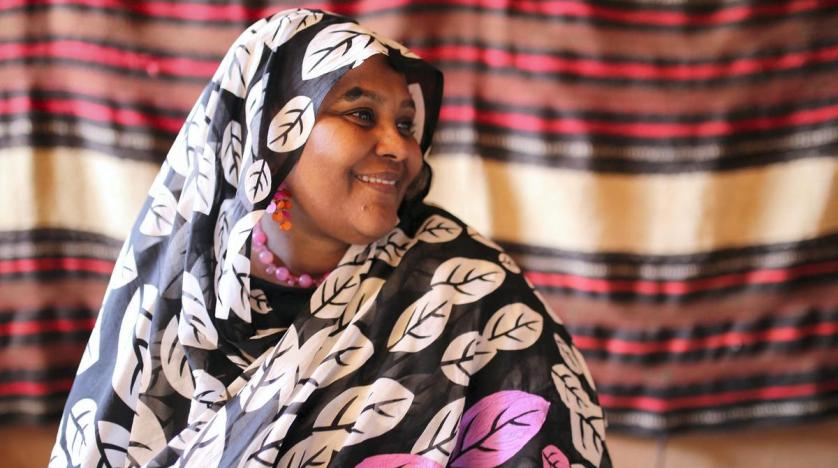Sudan is launching a wide diplomatic campaign in Africa to garner support for its position on the Grand Ethiopian Renaissance Dam (GERD) dispute, and its legitimate demands to reach a just and satisfactory solution.
The Foreign Ministry announced in a statement Tuesday that Minister Mariam Al-Sadiq Al-Mahdi will lead a high-ranking delegation to Africa to clarify Khartoum’s stance on the ongoing dispute on the mega-dam that Ethiopia is building on the Blue Nile.
The tour will begin in Congo where the minister will meet with President Felix Tshisekedi, the current chair of the African Union (AU), to affirm Sudan’s keenness on a legally binding deal on the filling and operation of the dam in accordance with the principles of international law.
The tour will also take the minister to Kenya, Rwanda, and Uganda, the statement said.
Cairo has regarded the dam as an existential threat to its water supplies, while Khartoum fears its own dams would be harmed if Ethiopia fills the reservoir without a deal.
Sudanese Minister of Irrigation Yasser Abbas has accused the AU of bias to Ethiopia.
Sources told Asharq Al-Awsat that Abbas’s statements sparked controversy during the meeting between Prime Minister Abdala Hamdok, the Supreme Committee to follow up on the GERD talks, and the negotiating team.
However, the Foreign Ministry issued a statement later affirming the government’s appreciation for the Union’s “important and pioneering role.”
The statement reiterated Khartoum’s confidence in its efforts to reach solutions that address the concerns of the state parties – Ethiopia, Egypt and Sudan.
But Ethiopia escalated its rhetoric rejecting Sudanese and Egyptian demands.
During a weekly press briefing, Ethiopia’s Foreign Ministry Spokesman Dina Mufti said: “It won’t be wise to respond to every threat coming from Sudan. Threats coming from the downstream countries have never been new. They threatened to even bomb the dam in the past.”
Mufti accused Sudan and Egypt of wanting to prolong the talks after they withdrew from nine previous rounds of negotiations.
The spokesman said that the historic agreements that Sudan and Egypt adhere to are “unreasonable and cannot be accepted,” referring to the 1929 and 1959 treaties on water shares between Sudan and Egypt.
The treaties provided that Egypt receives 55.5 billion cubic meters, and Sudan 18.5 billion of the total 74 billion cubic meters.








































admin in: How the Muslim Brotherhood betrayed Saudi Arabia?
Great article with insight ...
https://www.viagrapascherfr.com/achat-sildenafil-pfizer-tarif/ in: Cross-region cooperation between anti-terrorism agencies needed
Hello there, just became aware of your blog through Google, and found ...